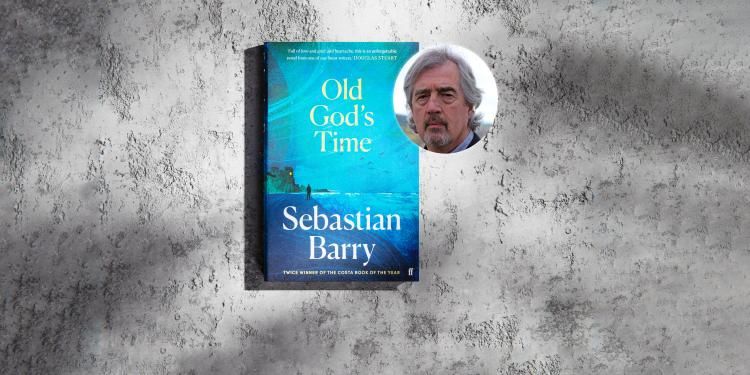Suffering and trauma – personal and collective – are often evident in your writing. What draws you to write about darker themes, and the darker side of Ireland’s history?
It is what seems to sit in the box of things from which I draw. It is a bit of a mystery even to me. It is where I paint, what I paint, the colours available to me. Whatever part of the brain contains all the synapses of stories and the desire to tell them, is full of these matters. But still it gives me great joy to write; as if in speaking, in telling, like a child who has been told to say nothing, I gain my own little share of freedom.
As the novel’s protagonist, Tom Kettle, reflects on a lifetime of memories, the narrative becomes almost dream-like, leaving the reader questioning Tom’s reality. Did you purposefully want readers to query Tom’s truth and is it more interesting, as a novelist, to centre a story around an unreliable narrator?
He is reliable in the sense that he is actually experiencing what is being described (by me, in the third person). I felt my job was to be his witness and to see and hear what he was seeing and hearing, and to take it down faithfully, and not butt in. He is not so reliable on some matters because he doesn’t remember them properly or his brain has altered them. There is a moment when he seems to lie to his superior officer. But even then, maybe not. Tom is a person under enormous stress. After the army he was diagnosed as suffering from PTSD and that was only the start of his troubles. But Tom loves life. He has loved his wife June and his babies. He has put his faith in existence, but his reality is very unstable. I felt it would be discourteous to diagnose him, but he isn’t currently in perfect mental health. But he is trying, he is trying to breast the waves. I was moreover interested to see him described as an Irish Job.
Which book or books are you reading at the moment?
I am reading a collection of early Paris Review interviews with writers, which contains the interview with Bob Gottlieb, the fabled editor, who died recently and who became a touchstone for me, miraculously, in the last few years. Everyone who knew him and worked with him will miss him dreadfully, his wonderfully forensic acumen and sheer personality. I am also reading Nick Laird’s new book, Up Late, which contains the famous elegy to his father (my own father died last year).
Do you have a favourite Booker-winning or Booker-shortlisted novel and, if so, why?
I so admired The God of Small Things when I read it some years ago. And am still ‘reading’ Ishiguro’s Remains of the Day years after I closed the actual book, if you follow me.
What are you working on next?
I am trying to inch closer to a new book, I sense it pecking away at the ground nearby, and I am trying not to scare it out of the garden.















